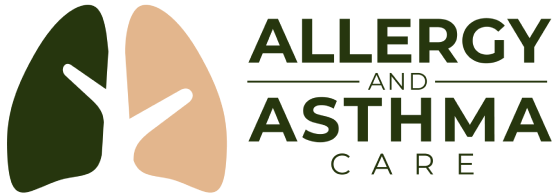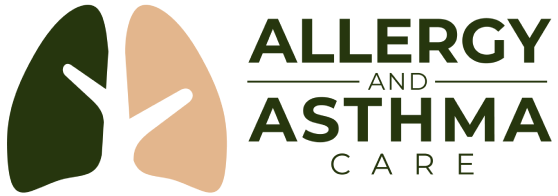
Our Office
Welcome Letter
Many people suffer from allergies which negatively affects their quality of life. The signs and symptoms of allergies often are unrecognized or attributed to other causes such as the “common cold.” Allergy symptoms can include itchy eyes, nose, or throat, nasal congestion, post nasal drip, runny nose, sneezing, watery or red eyes, dry skin, generalized itching, hives, cough, hoarseness, chest congestion, or wheezing. Allergy symptoms can be seasonal or perennial (present all year).
Allergies can also lead to other chronic conditions such as asthma and sinusitis. Common asthma symptoms may present as a cough, shortness of breath, chest tightness, wheezing, and reduced exercise tolerance.
Food allergies can cause hives, generalized itchiness, nausea, vomiting, abdominal cramping, diarrhea, anaphylaxis, wheezing, eczema, headaches and heartburn. The food that causes the allergic reaction is not always obvious.
Some people can have severe allergic reactions to insect stings. Symptoms of severe allergic reactions may include itching and hives all over the body, swelling in the throat or tongue, difficulty breathing, dizziness, stomach cramps, nausea or diarrhea, rapid fall in blood pressure, loss of consciousness, or shock. Most sting reactions are caused by five types of insects: yellow jackets, honeybees, wasps, hornets and fire ants.Allergy and Asthma Care There is a 95% cure rate for patients receiving venom immunotherapy.
To help effectively manage your allergy symptoms, we must first determine what is causing the allergy. This is determined through blood work and skin testing. The gold standard of diagnosing allergies is by allergy skin testing. Allergy skin tests provide concrete specific information about what patients are and are not allergic to. Once we have identified the specific allergen, we can develop a treatment plan aimed at eliminating or controlling allergy symptoms. Environmental control is the first line of therapy for treating allergies. If environmental control is not possible or not effective the patient may become a candidate for allergy immunotherapy vaccines. The goal of allergy immunotherapy is to improve quality of life, decrease the amount of medications taken, and halt the progression of the allergies. Some improvements gained from allergy treatment plans include improved sleep quality because of less nasal congestion, days without constant blowing of the nose and sneezing, improved exercise tolerance, and better control of eczema.
Allergy and Asthma Care of the Palm Beaches has qualified medical professionals trained to manage the prevention, diagnosis, and treatment of allergies and asthma. We appreciate the opportunity to work with you.
Palm City Hours
Monday
Tuesday
Wednesday
Thursday
Friday
Saturday
Sunday
10 AM–12 PM, 1:30–5 PM
9 AM–12 PM, 1:30–5 PM
9 AM–12 PM, 1:30–5 PM
9 AM–12 PM, 1:30–5 PM
Closed
Closed
Closed

